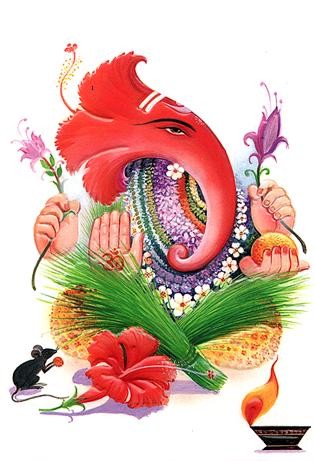Grim translation scenario not helping Classical Telugu
HYDERABAD: Telugu may have attained classical language status, but very few people will get to read any of its literary texts, if current
translation trends continue. At present, translation of Telugu literary works is taken up sporadically, and that too only into English and not Indian vernacular languages.
In view of the recently accorded classical language status for Telugu and Kannada languages as well as the establishment of a Translation Mission of India, a ninth CLAI (Comparative Literature Association of India) biennial international conference being held at the University of Hyderabad acquires significance.
Speaking of the grim Telugu translation scenario, M Sridhar, a Telugu translator and professor of English in the University says, "Given a choice, people would prefer reading Adiga or Chomsky novels rather than Chaya Devi or Raavi Shastry. Texts and literature sourced from English are still perceived as windows to the world." Most other Indian languages face a similar situation, he added.
Market dynamics go against cross vernacular translations, so publishers and authors are also drawn to higher sales and wider exposure that English provides. Then there is the problem of publishers playing favourites when selecting the recipient language, with Kannada, Oriya and Bengali being popular languages.
"Translation can be an important medium of networking the country and also gives an insight into the linguistic heritage and shared values of different regions," says Tutun Mukherjee, head, department of Comparative Literature in the University of Hyderabad adding that the conference will also take up travel writing, literature of the marginalised, tribal literature, philosophy, religion and women's writing.
However, recent Central government grant of Rs 90 crores to the Mission towards translation of knowledge-based texts into 23 vernacular languages is raising hopes of translators.
Courtesy: TOI



0 Comments:
Post a Comment
<< Home